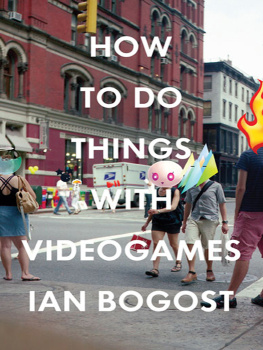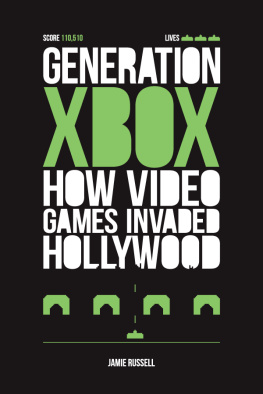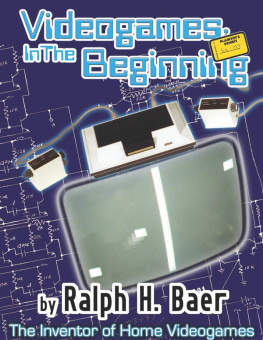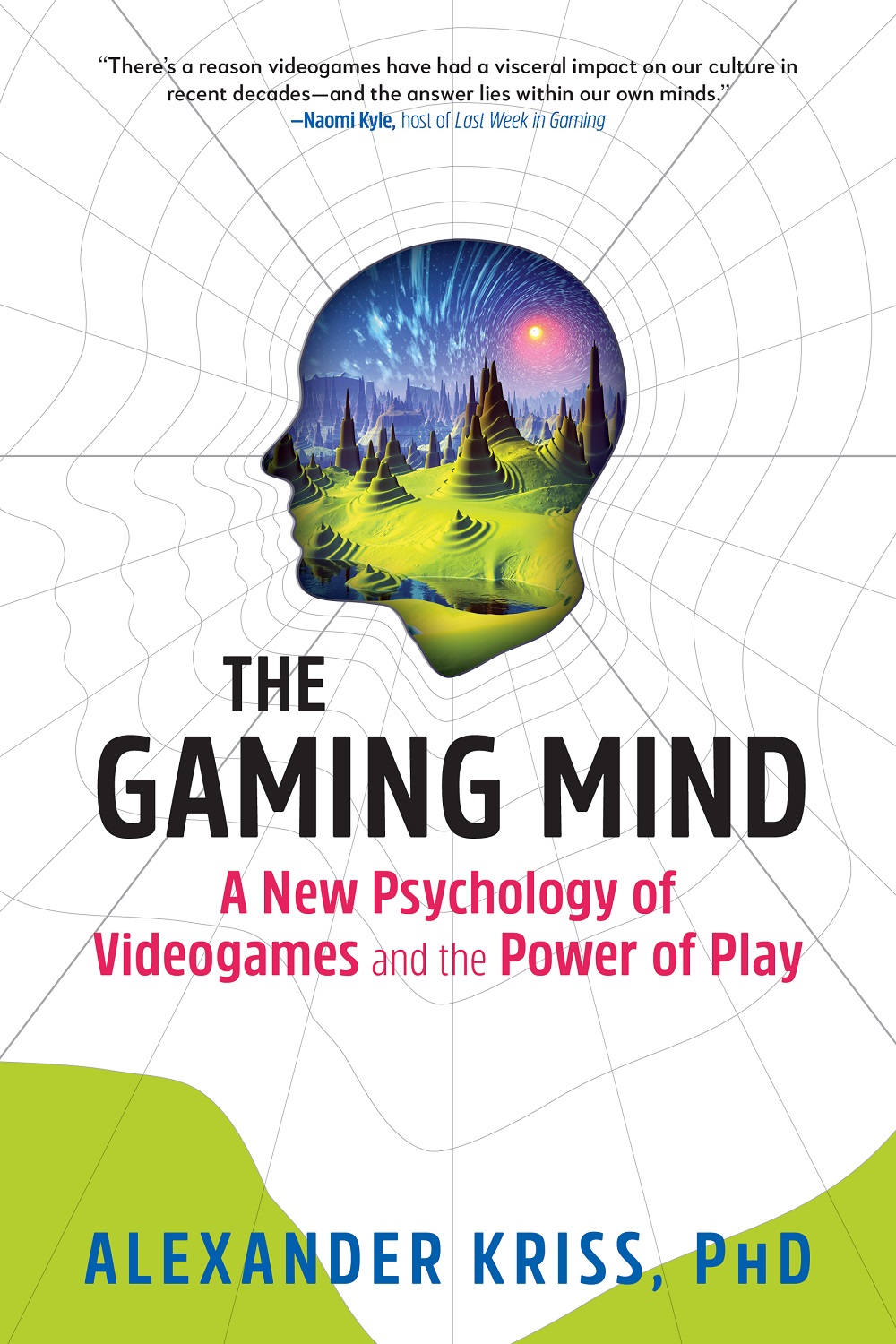

Chapter 1
Me, You, and Silent Hill 2
What do the games we play, and how we play them, say about who we are?
What an abyss of uncertainty, whenever the mind feels overtaken by itself; when it, the seeker, is at the same time the dark region through which it must go seeking and where all its equipment will avail it nothing.
Marcel Proust, Swanns Way
Basically, she said, hes a gamer kid. You know? Everyone nodded: they knew.
I sat in a weekly staff meeting at the outpatient clinic where I worked as a graduate student in clinical psychology. The chief purpose of the meeting was to present the team with new cases coming into the clinic so we could decide what treatment and potentially which therapist would be most appropriate to meet their needs. A few moments earlier, a colleague across from me had begun to discuss a young man shed recently interviewed for the first time. He was twenty-one years old, living at home with his parents and siblings, enrolled in college but struggling. Then, while describing the specific circumstances of this mans life, she paused, then winced, like there was an idea in her mind that she couldnt quite put into words. Gamer kid.
It was the way she said it. Not with malice or contempt, but indifference. She and I worked together in the field of understanding, yet she presented gamer kid as a concept that merited no scrutiny; she was saving us valuable time, we all knew what she meant, lets just move on already. As though this phrase, or any phrase, could sum up an individuals character. I felt unsettled particularly because this was not how I expected my colleague to behave. If an insensitive clinician speaks insensitively it would be upsetting yet easy to quantify, but Id known this woman for many months and had come to admire her natural compassion and curiosity, which to my mind represented the ideal characteristics of a psychotherapist. How could she speak of this young man so dismissively?
Sorry, I interjected, unsure whether I wanted to convey offense or remorse. I dont think I know what you mean.
She must have detected my prickliness as she dropped the colloquialism and dived into professional jargon, also unusual for her: I mean that he lacks the basic interpersonal skills that would be developmentally appropriate for his age. He doesnt have relationships or hobbies to speak of and hes barely getting by in school. All he really does is play videogames.
But... what does he play?
Everyone around the tablean impressive collection of psychologists, psychiatrists, social workers, and traineeslooked at me blankly. They knew me as someone unlikely to eat up time in meetings with inane questions, yet no one could see what I was driving at. What difference did it make what he plays? Even I didnt know exactly what my point was or what it was that I was trying to make the others understand.
But something was unraveling inside me: a knot of emotion, a part of myself far removed from my identity as a grown-up professional. Images flashed before my eyes, old feelings rose up, familiar and alien, all at onceI felt on the verge of crying out. Proust once wrote of a tea-soaked madeleine that, upon touching his tongue, transported him instantly to a childhood long obscured by the haze of the past. Gamer kid, that callous phrase, was my madeleine, the unexpected trigger rocketing me back in time to dormant memories turned newly vivid.
When I was five years old I had a pig called Hen Wen.
She was an unusual pet, to be sure. Though smallmeasuring no more than a few pink pixels in lengthHen Wen possessed clairvoyant abilities sought by the diabolical Horned King and, as her caregiver, it was my responsibility to keep her safe. My father shared the burden with me, to some extent, as the two of us played Sierra On-Lines 1986 game The Black Cauldron together on the IBM AT he kept in his basement home office.
My access to this virtual world was an unusual privilege I didnt yet appreciate. My fathers employer had furnished the powerful computer we used at a time when most families, if they owned a home computer at all, were forced to settle for the cheaper but vastly inferior Apple IIe. Babbages, one of the first retail outlets to sell videogames to consumers in the US, happened to have opened one of its first locations a few streets from my fathers office in downtown Boston, Massachusetts, and my father happened to be friends with the owner. When he asked this friend to recommend something fun he might do with his son on the computerthe son who had shown markedly less interest in organized physical activity than his older brotherthe friend suggested we give The Black Cauldron a try.
Fun would be a gross understatement; the game mesmerized me. The visuals were sophisticated for the time, though the graphics were blocky and the color palette limited, but the chief appeal was the suggestion that my decisions had a meaningful impact on the world. The player, inhabiting the role of a humble farmhand called Taran, had to lead Hen Wen to safe haven. In the book or film versionboth of which predated the game, though I had heard of neitherHen Wens capture by the Horned Kings minions represented the dramatic incident that catalyzed the rest of the story. But in the game this trajectory was not wholly determined by author or director: instead, branching possibilities were designed to accommodate the actions of the player. If my father and I raced fast enough from the starting screen of Tarans farm to the well-hidden refuge of the Fair Folk several screens away, Hen Wen could be safe for the rest of the game. If not, we would endeavor to rescue her and risk the possibility of her death in the process.
For a young child, the idea that actions have consequences is developmentally novel, filled with excitement and anxiety. My fatherwhose superior dexterity at the keyboard demanded that he take direct control of Taran while I barked instructions from his lapmust have been maddened to tears when I asked him to play and replay the opening sequence. Sometimes we skirted disaster and delivered Hen Wen to safety. Other times we were too slow or forgot the way or Taran snagged unfairly on a pixelated bush and a winged beast appeared on the screen along with a box of text (Oh no, its one of the Horned Kings evil gwythaints!) to carry Hen Wen off in its clutches.
Those afternoons on my fathers lap represent my earliest memories of feeling as if my choices mattered and provided my first glimpse of the complex emotional landscape that defines human psychology. The risk of losing Hen Wen was both terrifying and thrilling. Her capture filled me with worry for her safety as well as guilt over that preceding thrill and anger at my fathers maladroitness at the keyboard. Likewise, a successful rescue involved not only relief and pride but also a dim awareness that it was really my father, not I, who deserved the credit.
I was seven years old when I nearly had a panic attack while playing The Legend of Kyrandia. The game, a natural descendent of titles like The Black Cauldron, was a story-based adventure in which the player had to solve puzzles and interact with other characters in order to advance the plot. My father still sat beside methough I took control of the mouse and keyboard a little more often by this pointand I continued to delight in testing out the consequences of my in-game actions. Kyrandia seemed to share my glee in subjecting the players character, Brandon, to a trial-and-error approach, as doing so often resulted in his outlandishly graphic demise. As my father and I neared the end of the game, Id already led Brandon to plummet off a bridge, succumb to snake venom, be devoured by red-eyed creatures in a pitch-black cavern, burn alive, be devoured by a giant frogand burn alive again. We were now in the castle held by the games villain, the demented court jester Malcolm, when Brandon encountered a friend, Herman, possessed by Malcolms dark magic. The possession was made clear by Hermans sickly green pallor and he loomed menacingly with a hacksaw in hand, one that Brandon had lent him earlier in the game.
Next page

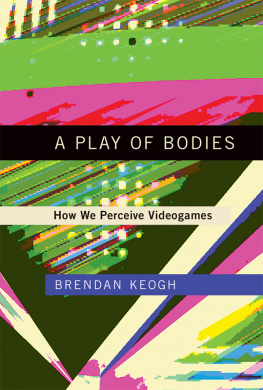
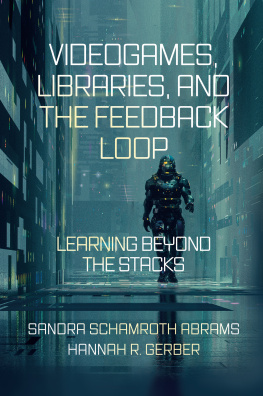
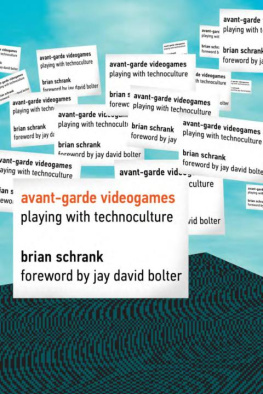
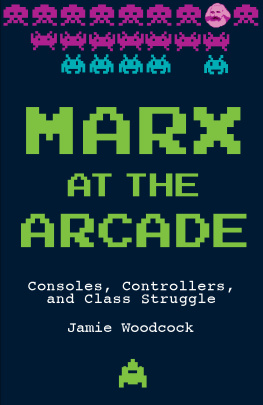
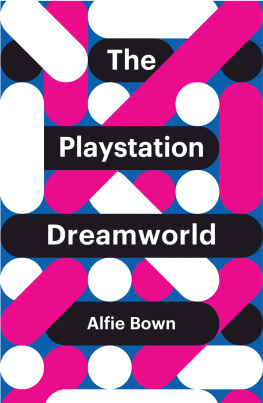
![Chris Bateman [Chris Bateman] - Beyond Game Design: Nine Steps Toward Creating Better Videogames](/uploads/posts/book/119409/thumbs/chris-bateman-chris-bateman-beyond-game-design.jpg)
